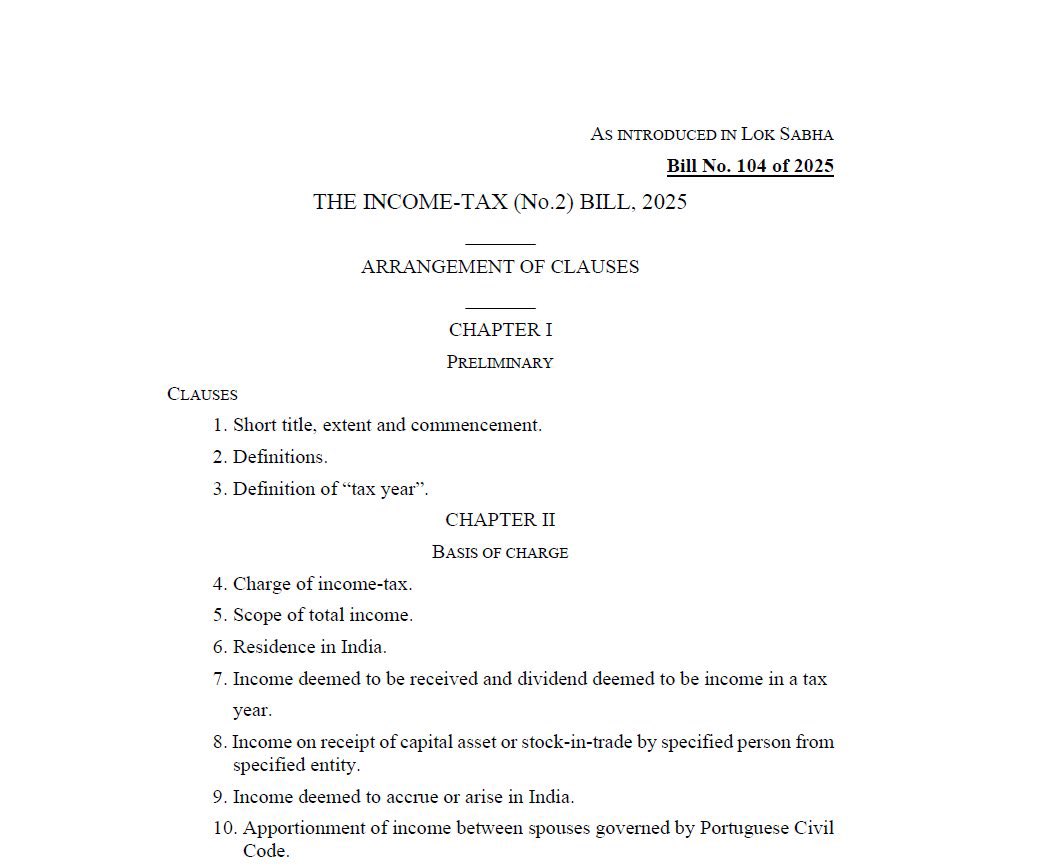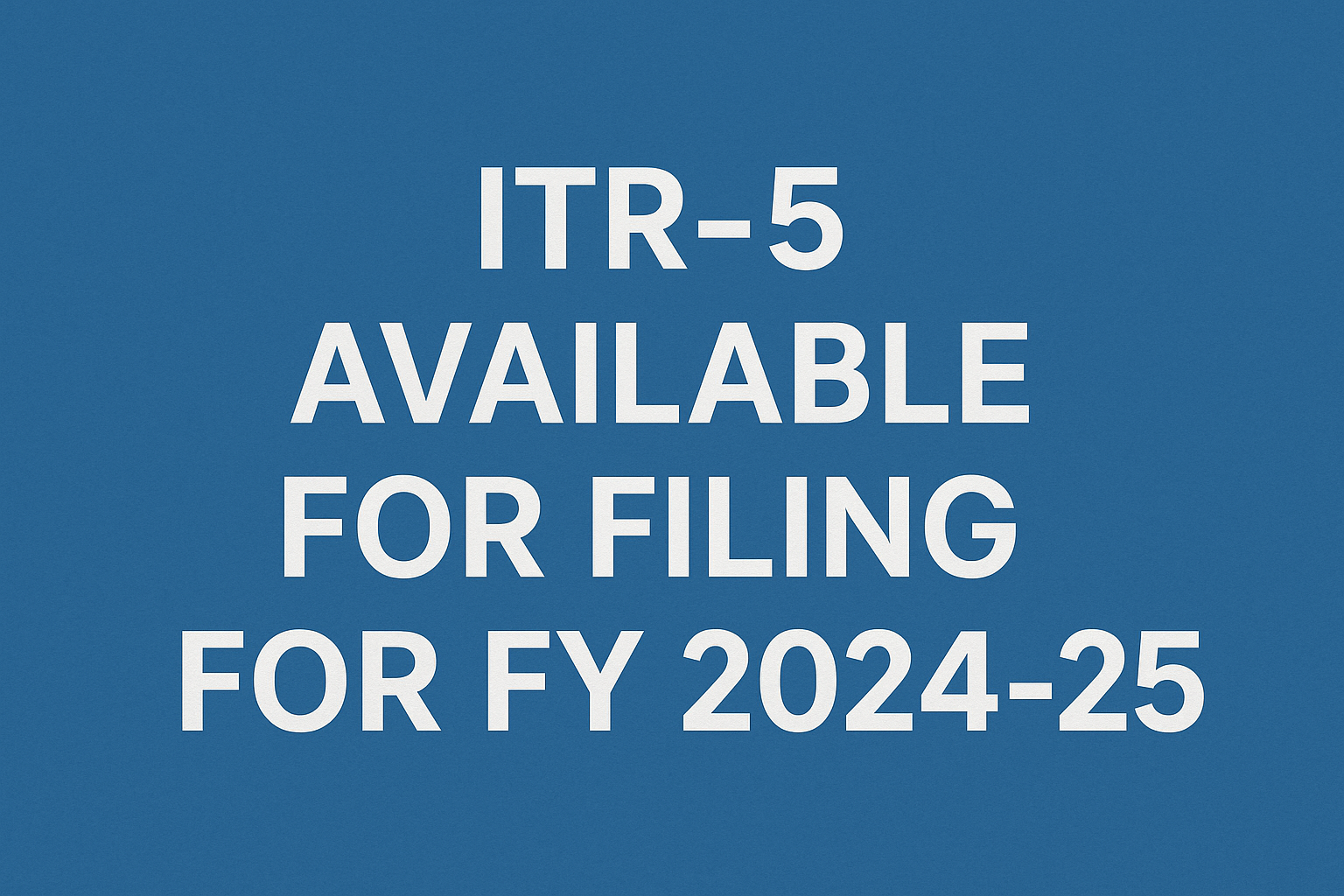In a major relief for a Non-Resident Indian (NRI) investor, the Mumbai bench of the Income Tax Appellate Tribunal (ITAT) has ruled that short-term capital gains worth ₹1.35 crore from redeeming mutual fund units are not taxable in India, as per the provisions of the India-Singapore tax treaty.
“This ruling brings out one aspect of the India-Singapore tax treaty (and other similar tax treaties) that many NRIs investing in India are not aware of. By virtue of the tax treaty, capital gains on sale of mutual fund units is taxable only in the country of residence, and not in India,” Said Expert
“This benefit of capital gains on sale of units not being taxable in India will equally apply to tax treaties with other countries having similar provisions — such as those with UAE, Mauritius, Netherlands, Spain and Portugal, to name a few. In these tax treaties, assets other than immovable property and shares of a company fall under ‘the residual clause’. This clause provides that the gains are taxable only in the country of residence of the seller,” explained Expert
In the matter heard by the ITAT, A Shah, a Singapore tax resident, had declared capital gains of Rs 88.75 lakh from debt mutual funds and Rs 46.91 lakh from equity mutual funds during the financial year 2021–22.
In her Income-Tax (I-T) return, she claimed exemption for these capital gains under the residual clause of Article 13 of the tax treaty, which provides that the gains would be taxable only in her country of tax residence (Singapore) and not in India.
The I-T officer rejected the claim and taxed the capital gains, by contending that the mutual fund units derived substantial value from Indian assets and, as a result, would be subject to tax in India.
The litigation finally reached the doors of the ITAT, with Shah submitting that units of mutual funds do not qualify as ‘shares’ and thus fall outside the scope of taxable capital gains under the I-T Act read with the tax treaty provisions.
Based on earlier jurisprudence, in similar cases, the tax tribunal noted that units of Indian mutual funds are issued by trusts and not companies, and therefore cannot be equated with ‘shares’.
It held that the ‘residual clause’ would apply and the gains arising from sale of units of mutual funds would be taxable only in Singapore.
Visit www.cagurujiclasses.com for practical courses











